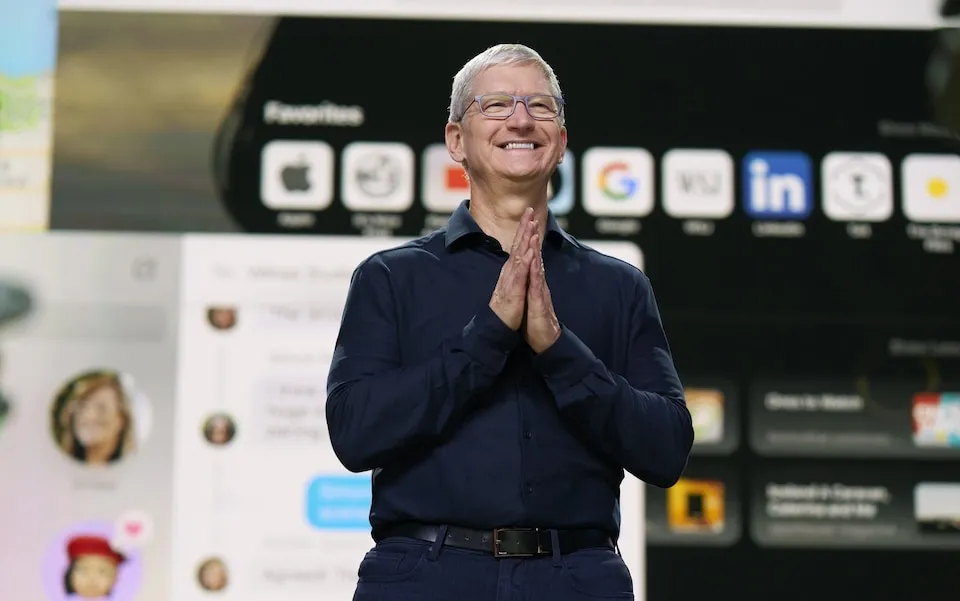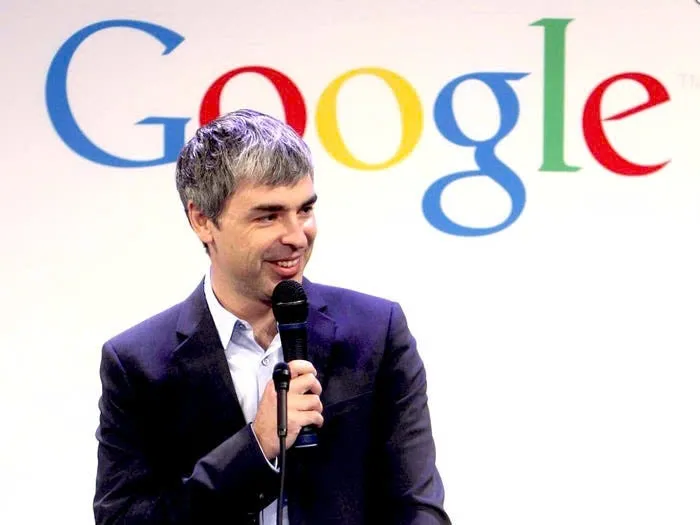The technology industry has always thrived on bold moves, groundbreaking innovations, and dramatic rivalries. But in recent months, one rivalry has erupted into something much bigger than just business competition. Elon Musk—billionaire entrepreneur, CEO of Tesla, SpaceX, and founder of xAI—has launched a stunning legal offensive against two of the most powerful players in Silicon Valley: Apple and OpenAI. The unfolding case has been dubbed by analysts as the biggest tech showdown of the decade, blending personal vendettas, corporate ethics, and high-stakes battles over the future of artificial intelligence.
What began as Musk’s open criticism of AI safety has now escalated into a full-blown legal confrontation. The lawsuit marks a critical turning point in the global debate about how AI should be developed, who controls it, and whether the world’s most powerful technology companies can be trusted with tools that could shape the fate of humanity. With Apple, OpenAI, and Musk all in the spotlight, the clash is about more than intellectual property—it is about ideology, power, and the future of innovation.
How We Got Here: Musk’s Longstanding Grievances
To understand why this legal war feels so explosive, it’s important to trace Musk’s long history with OpenAI. Musk was one of the original co-founders of OpenAI back in 2015, investing millions and promoting its mission of ensuring that artificial general intelligence (AGI) would benefit humanity. The non-profit startup was pitched as a counterbalance to corporate-controlled AI systems, a vision Musk strongly supported.
But in the years that followed, Musk’s relationship with OpenAI soured. By 2018, he had stepped down from its board, citing conflicts of interest with Tesla’s growing AI work. He later accused OpenAI of abandoning its non-profit mission, criticizing the organization for becoming what he called “a closed-source, profit-driven company effectively controlled by Microsoft.”
The tension reached new heights in early 2024, when Musk filed a lawsuit against OpenAI and its CEO Sam Altman, claiming they had betrayed the company’s founding principles. That case is still ongoing, but Musk’s newest move—dragging Apple into the battlefield—has taken the conflict into uncharted territory.

Why Apple Entered the Crossfire
The decision to target Apple in his legal campaign shocked many, but for Musk, the move was strategic. Apple has recently deepened its collaboration with OpenAI, integrating ChatGPT technology into its iPhones, iPads, and Mac devices. At Apple’s developer conference earlier this year, the company proudly unveiled a partnership with OpenAI, showcasing how ChatGPT could be embedded seamlessly into Siri and across Apple apps.
Musk immediately blasted the announcement, calling it a “security risk” and accusing Apple of outsourcing AI intelligence to an external company it couldn’t fully control. He even declared on social media that if Apple proceeded with the integration, Tesla and SpaceX would consider banning Apple devices inside their facilities. The threat, while extreme, reflected Musk’s deep distrust of both Apple’s approach to AI partnerships and OpenAI’s corporate trajectory.
Now, Musk’s lawsuit claims that Apple’s partnership with OpenAI amounts to anti-competitive behavior, alleging that the two companies are colluding to dominate the consumer AI market. He also accuses them of endangering user privacy, arguing that funneling data through ChatGPT violates Apple’s long-standing commitment to protecting customer information.
The Heart of the Lawsuit: Power, Privacy, and AI Ethics
At the core of Musk’s legal action is a threefold accusation:
- Breach of OpenAI’s original mission – Musk claims OpenAI abandoned its founding principles of transparency and public benefit, instead prioritizing profit through deals with corporate giants like Microsoft and Apple.
- Anti-competitive practices – By embedding ChatGPT into Apple devices, Musk argues that the companies are creating a walled garden for AI, shutting out independent competitors like his own startup, xAI.
- Privacy violations – Musk warns that Apple’s integration of ChatGPT compromises user security, with private data potentially being routed through servers controlled by OpenAI and Microsoft.
The lawsuit not only challenges the legality of Apple and OpenAI’s partnership but also questions the broader ethics of how AI is being deployed at scale. For Musk, this is not just about protecting his turf—it is about shaping the entire narrative of AI regulation and trust.

Industry Reactions: Shockwaves Across Silicon Valley
The lawsuit has sent shockwaves through Silicon Valley. Apple, known for its meticulously managed public image, is rarely dragged into public legal battles, let alone ones involving its flagship products. OpenAI, meanwhile, faces the embarrassment of being sued by one of its own founders, adding a personal layer of drama that has captivated the tech world.
Competitors and analysts are split in their reactions. Some argue that Musk is using the courts as a weapon to advance his own company, xAI, by undermining rivals. Others believe his criticisms hold merit, pointing to the genuine risks of corporate concentration in the AI market.
On Wall Street, the immediate response was turbulence. Tesla shares dipped slightly amid fears Musk was spreading himself too thin across lawsuits, rockets, and cars. Apple shares wavered as investors worried about regulatory scrutiny. OpenAI, still private but valued at over $80 billion, faced questions about whether this lawsuit could hinder its lucrative partnerships.
Musk’s Strategy: Legal Action as Public Theater
Critics argue that Musk’s legal offensive is as much about the court of public opinion as it is about actual courtrooms. Musk has mastered the art of turning lawsuits into headlines, using them to amplify his message and rally supporters. Just as he uses Twitter (now X) as his megaphone, this lawsuit against Apple and OpenAI is part of a larger narrative where Musk positions himself as the guardian of humanity against reckless AI.
In this sense, the lawsuit functions as both legal maneuver and public relations spectacle. Musk has already taken to social media to frame the battle as one of David vs. Goliath, painting Apple and OpenAI as profit-driven behemoths versus his own mission-driven xAI. Whether or not the courts side with him, Musk has succeeded in ensuring that the world is paying attention to his warnings about AI.
The Future of xAI: Musk’s Alternative Vision
At the heart of this showdown lies Musk’s own AI company, xAI. Founded in 2023, xAI positions itself as a competitor to OpenAI and Google DeepMind, with a mission of building truth-seeking AI systems. Musk has repeatedly emphasized that xAI will be committed to transparency and alignment with human values, contrasting it with what he views as the corporate compromises of OpenAI.
By attacking Apple and OpenAI, Musk is effectively clearing the path for xAI’s rise. Every headline about OpenAI’s alleged betrayal or Apple’s questionable partnership boosts the visibility of xAI as a “trustworthy alternative.” In this way, the lawsuit is not only about ethics but also about market positioning in one of the most competitive industries of the century.
Could Musk Win the Case?
Legal experts are divided on Musk’s chances. On the one hand, antitrust claims are notoriously difficult to prove, especially against companies as powerful as Apple. On the other hand, regulators in the U.S. and Europe are increasingly concerned about big tech monopolies. Musk’s lawsuit could dovetail with broader government efforts to scrutinize Apple’s practices, giving his case unexpected momentum.
The privacy angle may also resonate with consumers, especially if Musk’s team can prove that Apple’s integration with OpenAI exposes user data to risks. Apple has long built its brand around protecting user privacy; any suggestion that this promise is being broken could deal a serious reputational blow.
Still, Musk faces uphill challenges. Courts may view his claims as motivated by competitive self-interest rather than public good. Moreover, both Apple and OpenAI have deep pockets and elite legal teams prepared to fight fiercely.
Why This Lawsuit Matters for Everyone
At first glance, the Musk vs. Apple and OpenAI lawsuit may seem like just another billionaire feud. But the implications extend far beyond Silicon Valley. This case could shape how AI is governed, regulated, and integrated into everyday technology. If Musk succeeds, it could force companies to adopt greater transparency and accountability in their AI systems. If he fails, it could cement the dominance of a handful of corporations over the AI future.
More broadly, the lawsuit captures the cultural anxiety surrounding AI. Many people are excited about tools like ChatGPT but also deeply uneasy about how much power they place in the hands of a few companies. Musk has tapped into this unease, positioning himself as the voice of caution in an industry racing forward at breakneck speed.
The Beginning of a Tech Cold War?
Some analysts believe this legal showdown is just the beginning of a broader tech cold war. With AI poised to be the most transformative technology since the internet, the battle over who controls it is intensifying. Musk, Apple, and OpenAI are only the most visible players, but behind the scenes, dozens of companies and governments are preparing for similar conflicts.
This lawsuit may not just be about Apple or OpenAI—it may mark the opening shot in a global contest over AI sovereignty, corporate ethics, and the future of innovation.
Conclusion: The Clash of Titans
The unfolding lawsuit of Elon Musk vs. Apple and OpenAI is more than just a courtroom drama. It is a story of ideals versus profits, transparency versus secrecy, and one billionaire’s crusade against the most powerful tech alliance of the moment. Whether Musk ultimately wins or loses, the fact that he has taken on Apple and OpenAI simultaneously speaks volumes about the stakes of this battle.
For consumers, developers, and regulators, the outcome could reshape how we interact with AI for years to come. For Musk, it is a chance to cement his legacy not only as an innovator but also as a disruptor willing to challenge giants.
One thing is certain: in the high-stakes world of artificial intelligence, the tech showdown between Musk, Apple, and OpenAI is only just beginning.